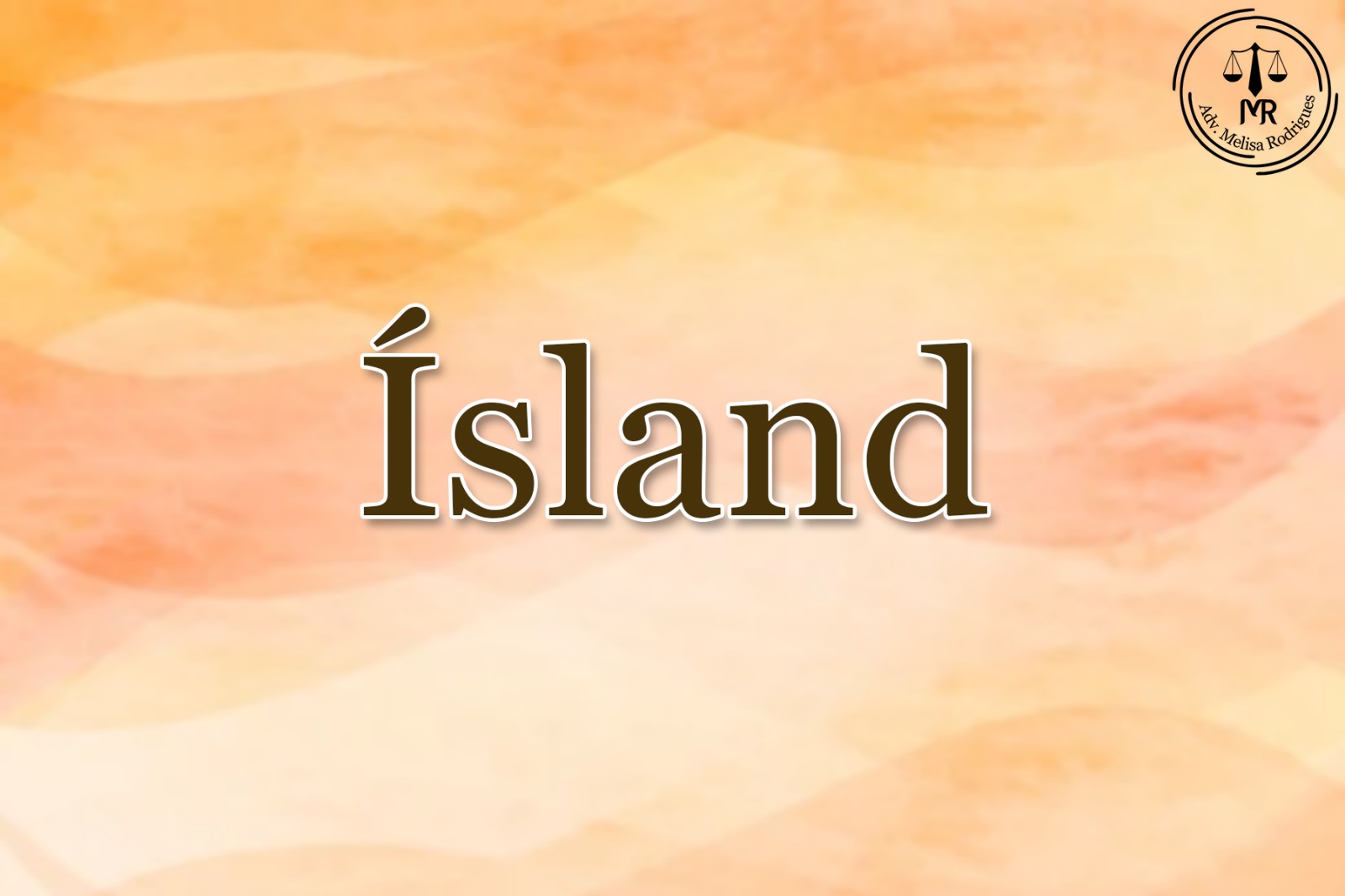Like most of the governances across the globe in Iceland too there are three branches of governance namely the Legislature, The Executive and the Judiciary.
As per the Constitution, Iceland is a Republic with parliamentary government. The President of Iceland is elected by the people. The main role of Althingi is to enact laws and amend the laws. The members are elected by the people of Iceland to represent their interest and concerns in the Parliament so that there can be discussions and debates in the Parliament for the common welfare.
It is the President of Iceland who appoints public officials as provided by the law. Every public official in Iceland has to take oath or pledge to uphold the Constitution of Iceland.
The laws in Iceland mainly comprise of the statutes that are passed in Althingi i.e., the Parliament of Iceland. Apart from these laws there are also orders passed by the executive branch for the welfare of the State which are executed according to the law. The head of the State is the President and the executive power is exercised by the Government.
As per the Constitution of Iceland all the laws shall be published and the form of publication along with the implementation of laws shall be in accordance with the law.
There are Ministries such as Ministry of Justice, Ministry of Education and Children, Ministry of Foreign Affairs and various other Ministries that serve in the specific fields for the welfare of the people. The Cabinet meetings are chaired by the Prime Minister of Iceland.
The laws in Iceland mainly comprise of the statutes that are passed in Althingi. The legislative power of making new laws and changing older laws whenever required is done in Althingi by the members who are elected to represent the interest, concerns and needs of the people of Iceland in Althingi.
It is the people of Iceland who select the members to represent their concerns, interests and needs in Althingi through the general elections that are held in Iceland. The members are empowered to debate, discuss and pass laws for the welfare of the people.
As per the Constitution, Iceland is a Republic with parliamentary government. Iceland has a representative democracy where the people of Iceland elect the representatives during the general elections. As per the Constitution: Althingi i.e., the Parliament of Iceland and the President of Iceland jointly exercise legislative power. The President is elected by direct, secret ballot by those who are eligible to vote in the elections. It is the President who appoints public officials as provided by the law.
The President is directly elected and serves as the head of the State. The President is chosen by the entire electorate in a direct election. As per the Constitution of Iceland, the President and other governmental authorities that are referred in the Constitution and elsewhere in the law exercise executive power.

